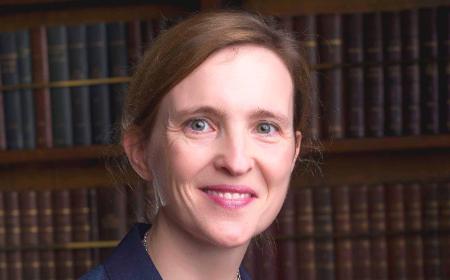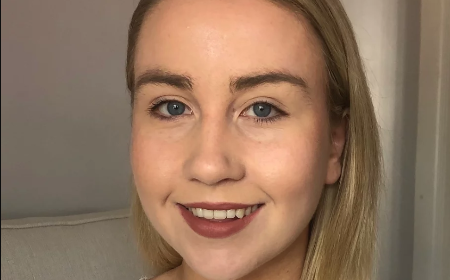2022 Rising Stars
2021 Rising Stars
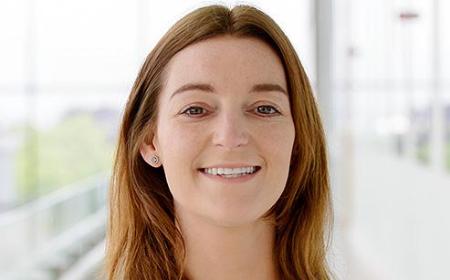 Amanda Fitzgerald
Amanda Fitzgerald
Mental Health Awareness Month - an increase in young people’s anxiety and depression Amanda Fitzgerald is an Associate Professor in the School of Psychology. Her research focuses on understanding risk and protective factors of young people's mental health
 Dr. Tara Dirilgen
Dr. Tara Dirilgen
From Roots to Pollinators: How above- and below-ground organisms interact through plants Unlike fuzzy bumblebees or elegant butterflies, subterranean critters – like earthworms, ants and mites - tend not to rate highly in people’s affections. “If things aren't pretty, we don't tend to like them which is a pity because it's harder to conserve them,”
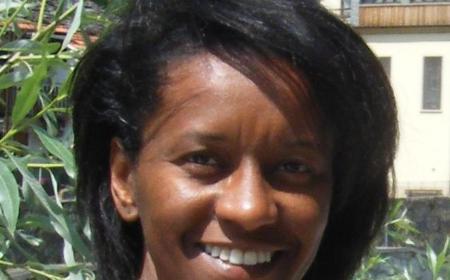 Dr. Flavia Santos
Dr. Flavia Santos
Exploring music science, numerical cognition and mathematics anxiety For those of us fortunate enough to be educated, a base level of numeracy is something we take for granted. Dr Flavia Santos is still amazed, many years later, to recount the story of a woman in Brazil who once needed Flavia’s help with a most rudimentary maths problem.
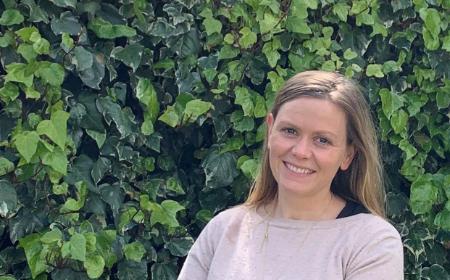 Dr. Orla Kelly
Dr. Orla Kelly
UCD researcher leads international consortium on education and climate change It was a deeply sobering experience that would colour the course of her academic career. On a field trip to India in 2012 with Harvard University’s FXB Center for Health and Human Rights, Orla Kelly came face to face with the impact of climate change on education.
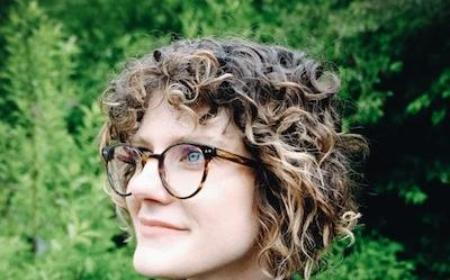 Dr. Katie Mishler
Dr. Katie Mishler
Reclaiming Irish Gothic Writing With his voluminous cape and witchy conical hat, writer James Clarence Mangan cut quite the dash around 1800s Dublin. “He called himself The Man in the Cloak. Apparently he had a shock of white hair and green spectacles as well, so he was really an eccentric character.
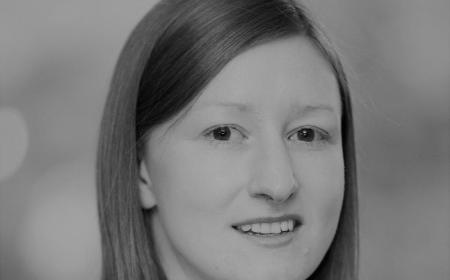 Dr. Aoife de Brun
Dr. Aoife de Brun
Exploring the Psychological Impact on Contact Tracers When the first lockdown happened in March 2020, Dr Aoife de Brún became “one of those early volunteers” in UCD’s Covid-19 Contact Tracing Centre. She and her fellow contact tracers were a crucial point of contact in the unfolding pandemic
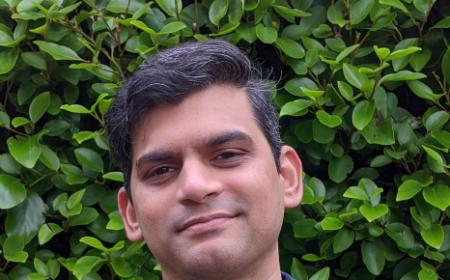 Dr Ajay Menon
Dr Ajay Menon
How can we fix the problem of food waste? If you buy three bags of groceries in the supermarket, imagine coming home and promptly tipping one in the bin. Every day, one-third of the world’s food is lost or thrown away - enough to feed the planet’s estimated 690 million undernourished four times over.
-450x280.jpg) Dr. Adam Kane
Dr. Adam Kane
Seagulls in the city – UCD researcher tracks divisive birds They sometimes noisily nest in residential rooftops and swoop to snatch food from pedestrians. As seagulls encroach on urban spaces, conflict with humans is inevitable. But are the birds alone to blame for their aggressive reputation?
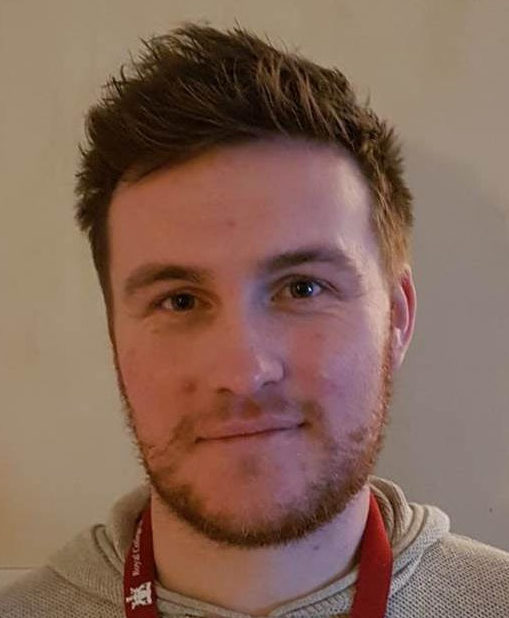 Dr. Gary Brenna
Dr. Gary Brenna
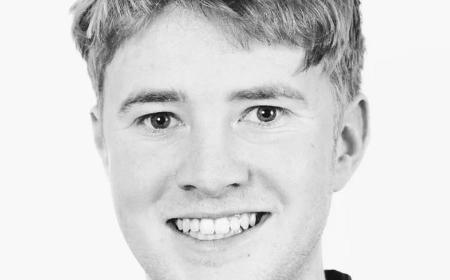
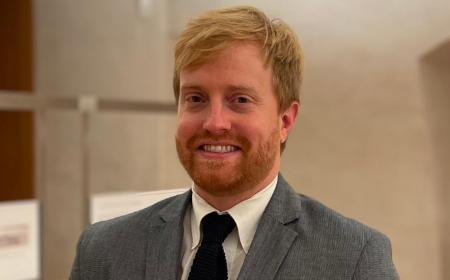
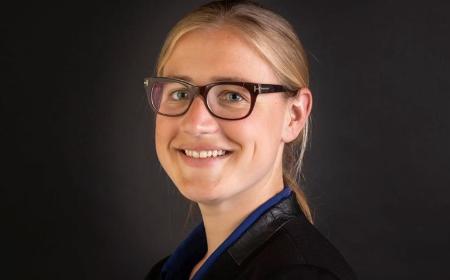
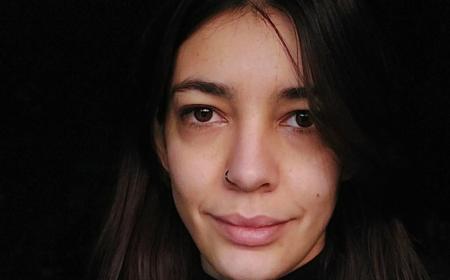
-450x280.png)
